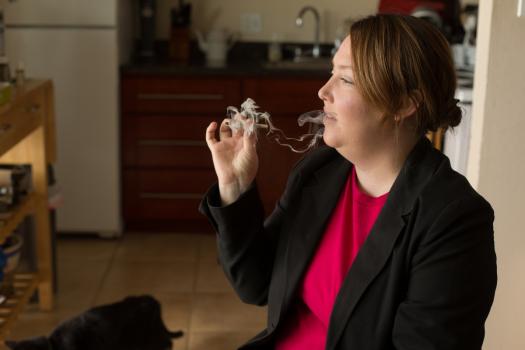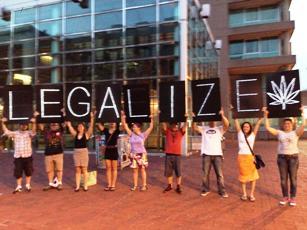Chronicle AM: Massive Marijuana Poll, Saudis Behead Four for Drugs, CA Defelonization Init, More (9/4/2014)
Massive marijuana poll has good news, Cornhuskers ponder legalization "problems," another Florida medical marijuana poll is out, a California defelonization initiative quietly advances, another drug war death, Saudis behead four for drug trafficking, and more.








